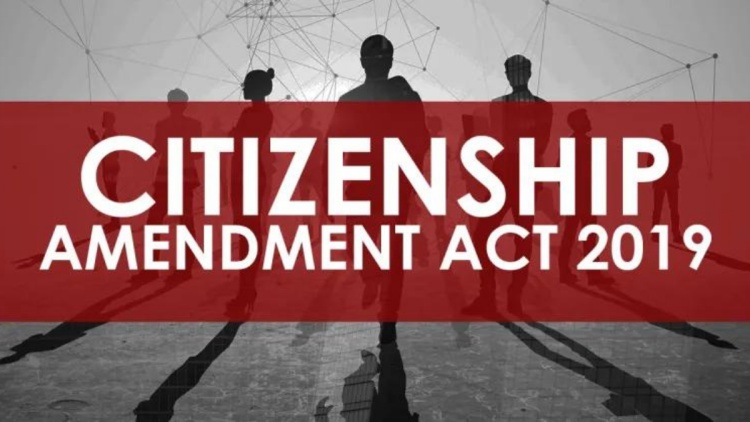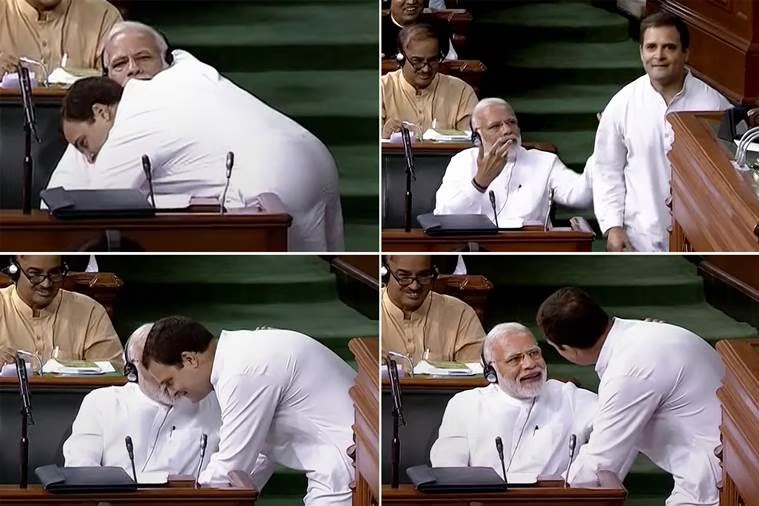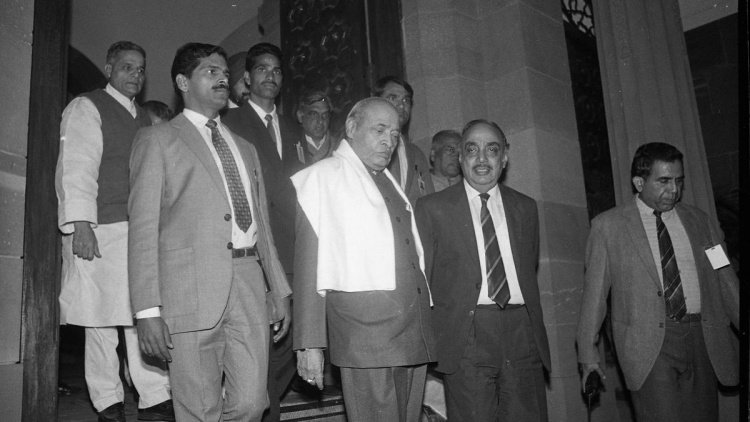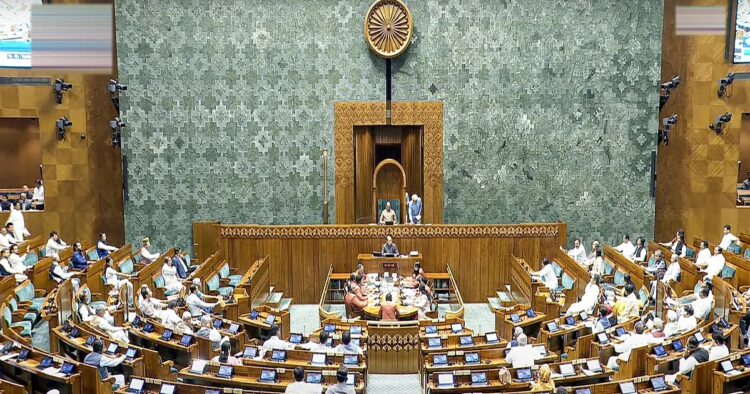- Lok Sabha passed the Waqf (Amendment) Bill after a 12-hour debate.
- Govt defended it; opposition called it discriminatory.
- Similar marathon debates happened in CAB 2019 and the No-Confidence Motion 2018.
In a significant legislative move, the Lok Sabha on Wednesday passed the Waqf (Amendment) Bill after a fierce and prolonged discussion that lasted over 12 hours. The bill, which introduces amendments to the existing Waqf Act, saw heated exchanges between the ruling party and the opposition, with accusations and counter-arguments filling the parliamentary floor. The government strongly defended its decision, stating that the changes were necessary to ensure transparency and prevent misuse of Waqf properties. However, the opposition accused irrelevantly that the ruling BJP of encroaching upon constitutional rights and targeting Muslim endowments.
The bill was passed with 288 votes in favor and 232 against, aided by support from the BJP’s allies, such as TDP, JDU, Shiv Sena, and LJP. Home Minister Amit Shah delivered a powerful speech, countering opposition claims by asserting, “You carried out the changes only to keep your vote bank intact, and we have decided to cancel it.” His statement further solidified the ruling party’s stance on the bill, dismissing allegations of communal intent. Minority Affairs Minister Kiren Rijiju also reiterated that the bill was not about religion but about streamlining Waqf properties and removing the special provisions granted under previous laws.
This marathon debate was one of the longest in recent parliamentary history, but it was not the first time that the Lok Sabha witnessed such intense deliberations. Over the years, several bills and motions have led to long and fierce discussions, shaping India’s political and legislative landscape.
Past Marathon Debates in Lok Sabha
- Citizenship (Amendment) Bill, 2019
One of the most controversial and fiercely debated bills in recent history, the Citizenship (Amendment) Bill (CAB), 2019, saw a nine-hour-long debate in the Lok Sabha before it was passed at 12:04 AM. The bill, which aimed to provide citizenship to religious minorities from Pakistan, Bangladesh, and Afghanistan, faced severe opposition, with critics alleging that it discriminated against Muslims. Prime Minister Narendra Modi hailed the bill’s passage, calling it a move that aligned with India’s humanitarian values, while Home Minister Amit Shah defended it, stating that it did not take away anyone’s rights but rather provided refuge to persecuted minorities.
- No-Confidence Motion Against Modi Government, 2018
On July 20, 2018, the Modi government faced a no-confidence motion, leading to a marathon debate lasting 12 hours. The motion, initiated by the Telugu Desam Party (TDP), was an attempt to question the government’s policies on various issues, including special status for Andhra Pradesh. The debate gained widespread attention due to Congress leader Rahul Gandhi’s dramatic act of walking up to PM Modi and hugging him after delivering a scathing attack on the government. Modi later responded with a strong rebuttal, and the motion was eventually defeated.
Congress leader Rahul Gandhi’s dramatic act of walking up to PM Modi and hugging him (Image- PTI) - Constitution Day Debate, 2015
On November 26, 2015, Prime Minister Narendra Modi sat through an entire day’s proceedings in the Lok Sabha during a marathon discussion on the Constitution. This debate, held to commemorate the 125th birth anniversary of B.R. Ambedkar, saw leaders from across parties discussing constitutional values and their relevance in modern India. It lasted over eight hours and was marked by intense deliberations on democracy, secularism, and governance. - No-Confidence Motion Against Morarji Desai, 1979
One of the most significant no-confidence debates in India’s history occurred in 1979 when Prime Minister Morarji Desai faced a motion that lasted several hours. Ultimately, Desai resigned before the vote, making this the only instance in Indian parliamentary history where a sitting Prime Minister stepped down due to a no-confidence motion.
India’s Prime Minister, P.V. Narasimha Rao, exits Parliament House in New Delhi on December 21, 1992, after defeating the No-Confidence Motion tabled by the BJP (Image- The Hindu/ Anu Pushkarna) - Shah Bano Case and the Muslim Women (Protection of Rights on Divorce) Act, 1986
Another major debate that lasted for hours was over the controversial Shah Bano case in 1986. The Rajiv Gandhi government overturned a Supreme Court verdict granting alimony rights to a Muslim woman, leading to an uproar in Parliament. The debate, which lasted over 10 hours, was one of the most heated discussions on women’s rights and religious laws in India.
Marathon debates in the Lok Sabha serve as a testament to India’s vibrant democracy. They highlight the deep divisions on contentious issues and allow lawmakers to present detailed arguments, ensuring thorough scrutiny of legislative proposals. While some critics argue that prolonged debates often become platforms for political posturing, they undeniably play a crucial role in shaping public discourse and government policies.















Comments